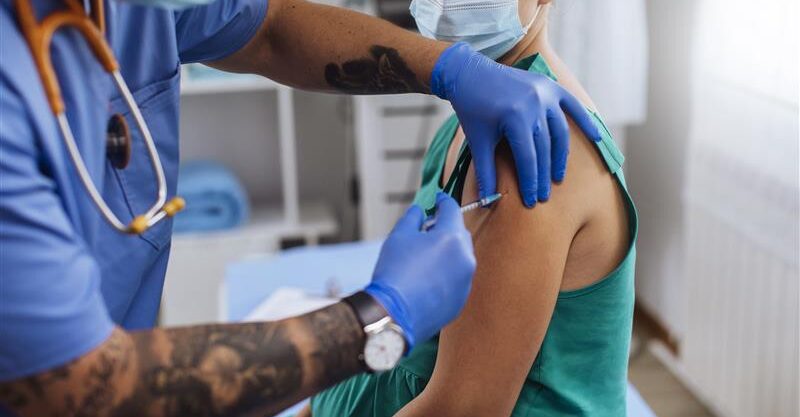By Janet Choi, MD, Chief Medical Officer at Progyny
Every parent — and anyone on the family-building journey — relies on consistent, evidence-based guidance to navigate and lighten the burden of complex healthcare decisions. When that guidance abruptly shifts, it sows uncertainty, undermines trust, and puts health access and outcomes at risk. That’s why recent decisions by the HHS Secretary to remove COVID-19 vaccines from the recommended schedule for healthy children and pregnant women and dismiss the CDC vaccine advisory panel have led to widespread opposition from healthcare professionals and leading medical organizations. HHS’s recent actions not only have the potential to erode public confidence in vaccines but also jeopardize the health of women, children, and communities.
At Progyny, we recognize the vital role vaccines play in safeguarding health before, during, and after pregnancy. Our Progyny Care Advocates (PCAs) follow evidence-based guidelines from leading organizations like The American College of Obstetricians and Gynecologists (ACOG) and American Academy of Pediatrics, educating our members about the importance of vaccines such as RSV, COVID-19, TdAP, and influenza to protect both mother and baby. These vaccines are proven to reduce risks of preterm birth, severe respiratory illness in newborns, and a host of other maternal complications. As the president of ACOG aptly stated in response to the HHS decision to retreat on COVID-19 vaccine guidelines, “the science has not changed.” The COVID-19 vaccine remains safe during pregnancy and protects both mothers and infants through pregnancy and well beyond birth.
But the impact of reversing vaccine guidance extends far beyond individual families. What happens, for example, if declining trust in vaccines leads to more parents opting out of the MMR (measles, mumps, rubella) vaccine? A resurgence of preventable diseases could have devastating public health consequences. For example, mumps can lead to orchitis and testicular atrophy in young men, increasing the risk of male infertility. Similarly, rubella infection during pregnancy can cause severe birth defects, miscarriage, as well as intrauterine fetal demise (often called stillbirth). If mistrust in vaccine guidance expands further and leads to declining use of Gardasil, the HPV vaccine, it could undo decades of progress in cervical cancer prevention and lead to a resurgence of a disease that remains the fourth leading cause of cancer death among women worldwide. None of these risks are hypothetical; they are real, preventable scenarios that would disproportionately impact vulnerable populations.
At Progyny, we stand with healthcare professionals and organizations calling on HHS to reconsider these recent decisions. As these policies and their implications play out, our approach and commitments remain unchanged: to support our members with timely, accurate, and science-backed guidance on vaccines and reproductive health. Every parent and child deserve access to the best possible care, and we will continue to advocate for policies that protect and strengthen the health of families and communities everywhere.
To learn more about vaccine efficacy and your health, visit this website and always talk with your trusted doctor.
